
Zero headspace is important in preservation of samples with volatile organics. Avoid loss of volatile materials by filling sample containers completely; achieve this by filling the bottle until there is a positive meniscus before capping and sealing, being careful not to rinse out the acid preservation or come into contact with the acidified

closure system integrity test in the stability written testing program (referred to in this guidance 1 This guidance document was prepared by an intercenter working group with representatives from

Some microbiology samples will require specifi c transport media to preserve microorganisms. Sample labelling—All requirements for labelling of the sample at the time of collection will need to be explained in detail in the instructions for collection. Special handling—Some samples may require special handling, such as immediate refrigeration
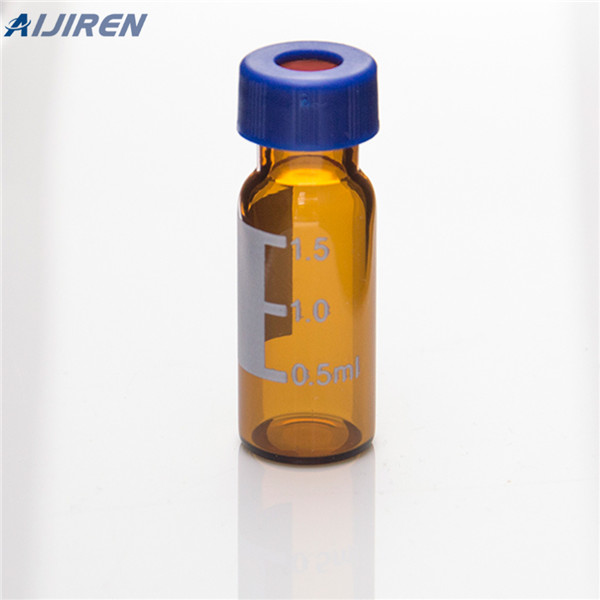
•Correlation to package integrity •Low seal strength packages • More likely to open during product life-cycle • Indicative of sealing process failure or material changes •The mode of rupturecan indicate seal failure risks • E.g., seal bond rupture vs. seal edge rupture Reference : ASTM F88 Seal Quality Tests 14

Proper sample preservation and storage of aquatic samples before laboratory-based analyses are crucial to maintain sample integrity and prevent unwanted contamination. A suitable sample preservation protocol that minimizes the physical, chemical, and biological processes that can alter the physico-chemical forms of target analytes during

Pre-blast: Static seal in plastic bag or airtight container (e.g., screw tight vial, unused metal paint can). Post-blast: Seal in airtight container. Render pre-blast devices safe before submission to the laboratory. Only submit 1-2 grams of suspected explosive to the lab. Ship all items in accordance with local, state, and federal law. Fabric

Adapted from: Ovadia, R; Streubel, A; et al. “Quantifying the Vial Capping Process: Residual Seal Force and Container Closure Integrity” PDA J of Phar Sci and Technol, 2019 73 (1) 2-15 RSF – Time Dependence Statistical Data Generated of 20 Vials from the RSF Time Course 2023 PDA Container Closure Systems and Integrity Testing Apr 20 –21
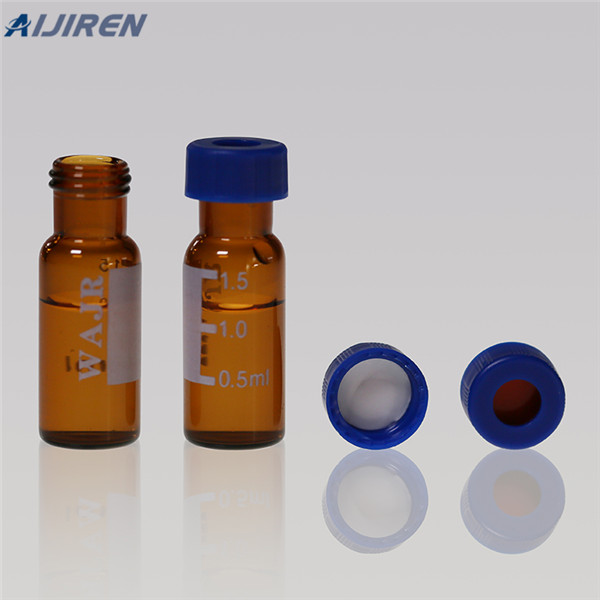
The inhibition of biological activity in a sample is often particularly important as bacteria and algae can consume, partially or completely, a number of substances required for their growth (e.g., nitrogen, phosphorus, and silicon compounds).
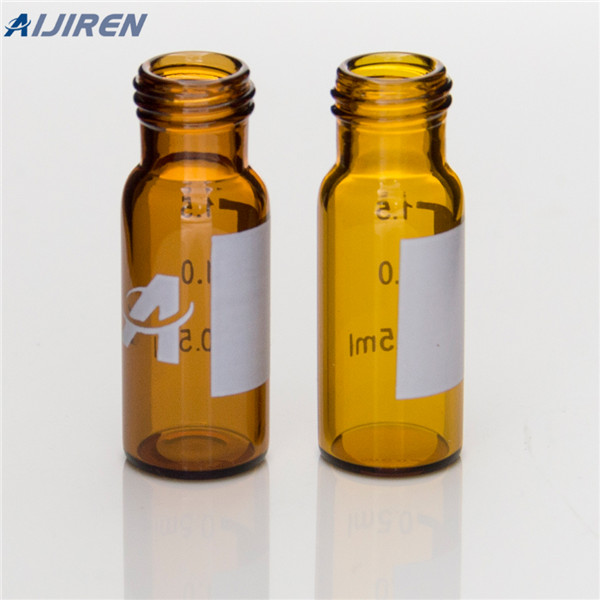
3.0 sample containers, handling, storage and shipping 4.0 interferences and potential problems 5.0 equipment/apparatus 6.0 reagents 7.0 procedures 7.1 preparation of sample vials 7.2 sample collection: 7.2.1 coring device with lab preservation (protocol #1) 7.2.2 low level samples & field preservation w/sodium bisulfate (protocol #2)
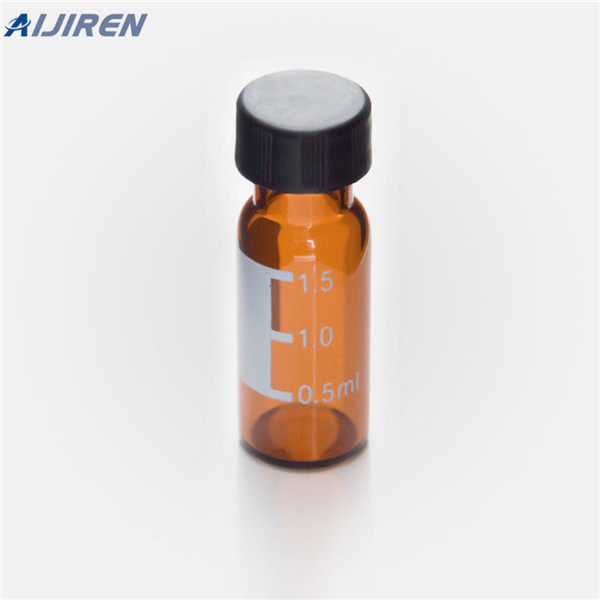
a chain of custody report should be completed and signed to evidence sample integrity. Sample preservation and storage Putrefactive post - mortem alterations that occur in body are influenced by several variables and can dramatically influence the obtained concentrations for several analytes (e.g. blood ethanol concentrations may increase or

Dec 11, 2018 · The vials should be completely filled at the time of sampling, so that when the septum cap is fitted and sealed and the vial is inverted, no headspace is visible. The sample should be hermetically sealed in the vial at the time of sampling, and not opened prior to analysis to preserve its integrity.

The test method used is only one of the major considerations in approaching the challenge of proving an integral system. This paper takes a holistic review of all the major considerations needed in qualifying a new vial system for container closure integrity. There is substantial interplay among many aspects in the process of sealing a vial.
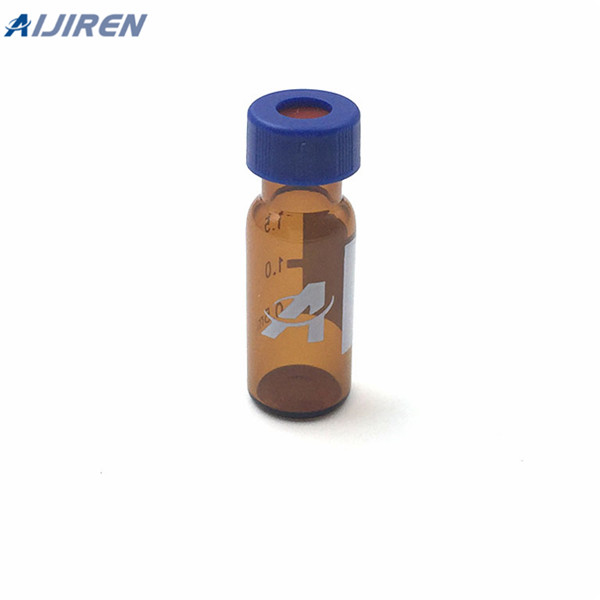
2.6.3 Sample Preservation, Handling and Chain of Custody Procedures When immediate analysis of the collected sample is not possible, take precautions so that the sample characteristics are not altered. Follow these guidelines for sample handling and preservation: 1. Minimize the number of people handling the sample. 2.

collection. The sample matrix, type of containers and their preparation,analytes of. interest,preservationtechniques,and sample holding times must be thoroughly examined. inorder to maintain the integrity of the samples. This section highlights practices relevant. tomaintainingsample integrity and representativenessfrom the time of sampling until
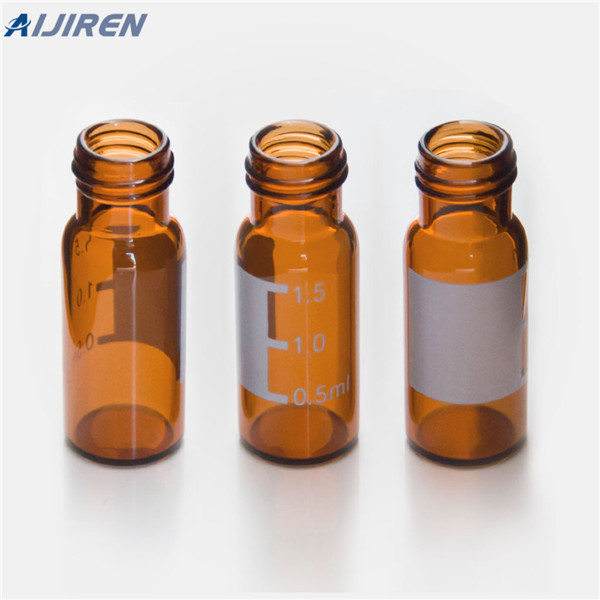
Lot to lot variation can result in components that had maintained container closure integrity (CCI) and visual acceptance during development unexpectedly failing during production. Therefore, it is important to take a system approach when selecting vial container closure system (CCS) components and designing a fill-finish process.